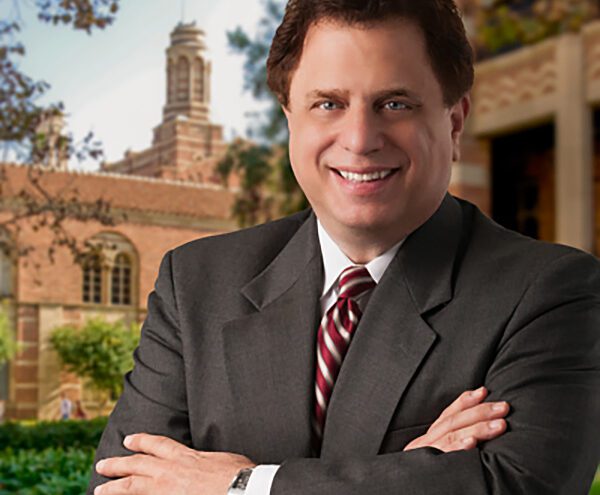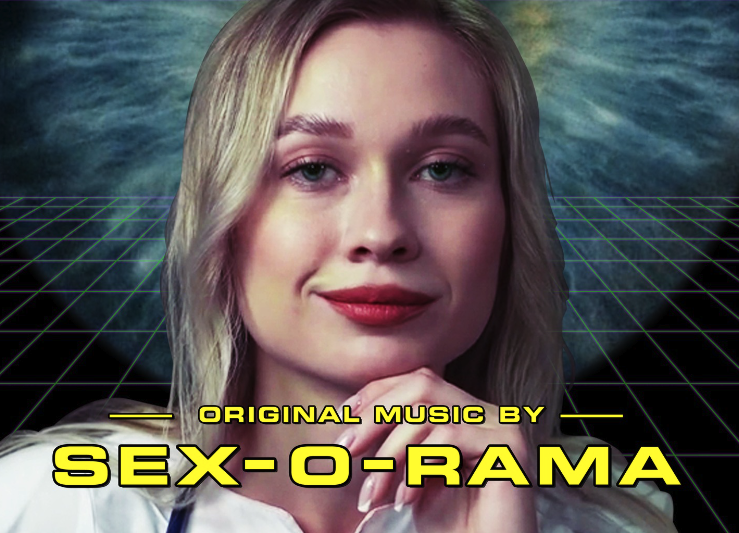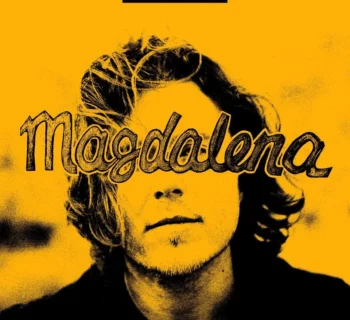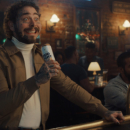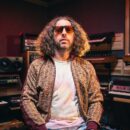Song lyrics, and especially rap music lyrics, have sometimes been allowed as evidence in court. However, there is the question of whether or not they are prejudicial and/or violate the right to free speech. Many have argued that allowing evidence of lyrics in court unfairly targets Black people because rap lyrics often contain descriptions of violence.
In general, the courts will consider whether or not the lyrics are relevant to the crime alleged as they tend to prove knowledge or intent, or show membership to a gang. This is interesting as no one seems to think writing an episode of the TV show Dexter is evidence that you are a serial killer.
This issue has been controversial for years. In 2022, the “Restoring Artistic Protection Act” (RAP Act) was first introduced in the U.S House of Representatives. The bill was brought by Georgia Representative Hank Johnson and California Representative Sydney Kamlager-Dove. However, the bill was never voted on by the House.
On July 24, 2025, the RAP Act was reintroduced in the House by Johnson and Kamlager-Dove. The proposed bill would make song lyrics in federal court inadmissible, unless prosecutors can meet strict requirements, such as establishing that the subject lyrics were intended to be taken literally.
This issue of lyrics being used as evidence in court arose in Drake’s defamation case against Universal Music Group. The case involved Kendrick Lamar’s lyrics in his hit song “Not Like Us.” Drake’s attorneys contended that the lyrics defamed him and put his and his family at risk.
Many music industry organizations and major record labels support the Act. Representative Johnson stated:
“Bob Marley did not confess to having ‘just killed a man’ by putting ‘a gun against his head’ and ‘pulling the trigger.’”
According to Harvey Mason Jr., CEO of the Recording Academy, “Weaponizing lyrics or other creative works in court is a harmful tactic that stifles artistic expression and undermines the voices of not just musicians, but all who create and shape culture.”
Jeffrey Harleston, General Counsel and EVP, Business and Legal Affairs at Universal Music Group said:
“Musical lyrics of all genres can be alliterative, fantastical, boastful and at times even hyperbolic. But what they are not intended to be—or marketed as—is ‘truth.’”
Harleston went on to state: “Prosecutorial tactics that use lyrics as ‘evidence’ of guilt without regards to due process and the freedom of expression are deeply disturbing and we commend Ranking Member Johnson for introducing the RAP Act, a commonsense protection against this troubling practice.”
In general, songwriters should not have to worry about their lyrics being taken literally in court as it would stifle freedom of expression.
One would think this bill in congress has a good chance of passing as it seems fair and reasonable and has a lot of support from the music industry.
GLENN LITWAK is a veteran entertainment attorney based in Santa Monica, CA. He has represented platinum selling recording artists, Grammy winning music producers, hit songwriters, management and production companies, music publishers and independent record labels. Glenn is also a frequent speaker at music industry conferences around the country, such as South by Southwest and the Billboard Music in Film and TV Conference. Email Litwak at gtllaw59@gmail.com or visit glennlitwak.com.
This article is a very brief overview of the subject matter and does not constitute legal advice.

